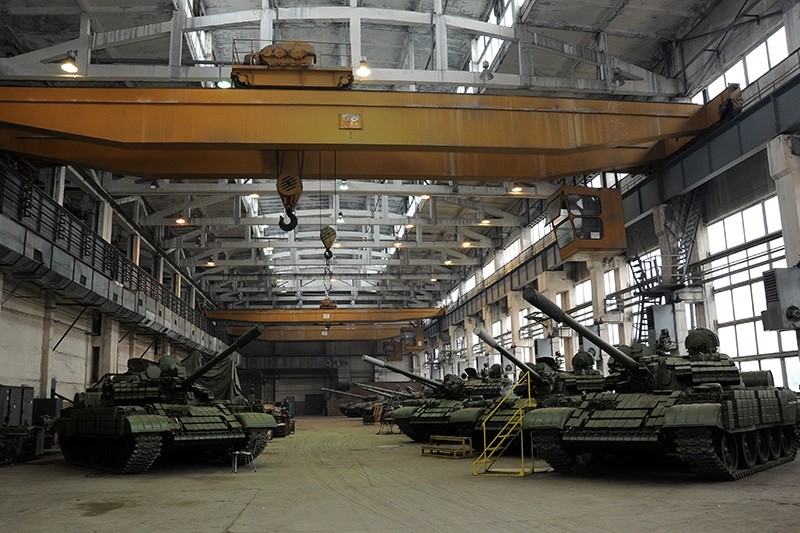Since the beginning of Russia’s full-scale invasion of Ukraine, Bulgaria has exported arms worth 13 billion leva (6.65 billion euros), marking a historic surge in the country’s defense industry.
According to Economy Minister Petar Dilov, this sector has become one of the pillars of Bulgaria’s economic growth, now accounting for more than 4% of GDP. The scale of production and exports after 2022 highlights Bulgaria’s position as a crucial contributor to Europe’s collective defence capacity.
A striking example is the performance of VMZ-Sopot, Bulgaria’s state-owned arms manufacturer. In 2021, the company reported 191 million leva in revenue. By last year, sales had risen dramatically to 900 million leva, and in 2025 VMZ surpassed the symbolic milestone of 1 billion leva in annual revenue. The company currently employs about 5,000 people, with the workforce expanding by nearly 350 in just the past year. The average gross monthly salary at VMZ has reached 2,500 leva, further underlining the industry’s growing impact on employment and household income.
Bulgaria’s nearly century-long tradition in arms production, combined with existing industrial capacities and the shifting global security environment, has fueled this expansion. The defense sector’s contribution has been a key factor in sustaining economic growth in difficult years for Europe, supporting not only national GDP but also pension and wage increases across the country.
Data from the Ministry of Economy makes clear that the defense industry has become the leading driver of Bulgaria’s growth. Since the start of the war in Ukraine, revenues have exceeded by 10 billion leva the usual levels for the sector in previous years. Entire regions now depend on this boom, as Bulgaria’s role in the war effort is defined not by direct donations but by supplying arms on a commercial basis, profiting from the conflict while reinforcing its position as a major arms exporter.

